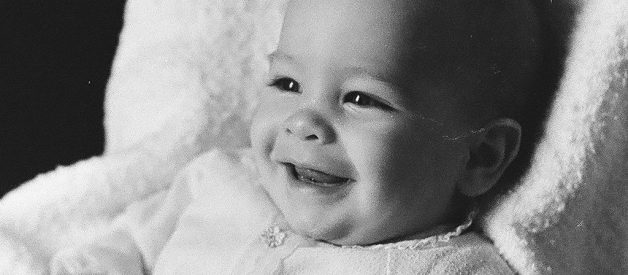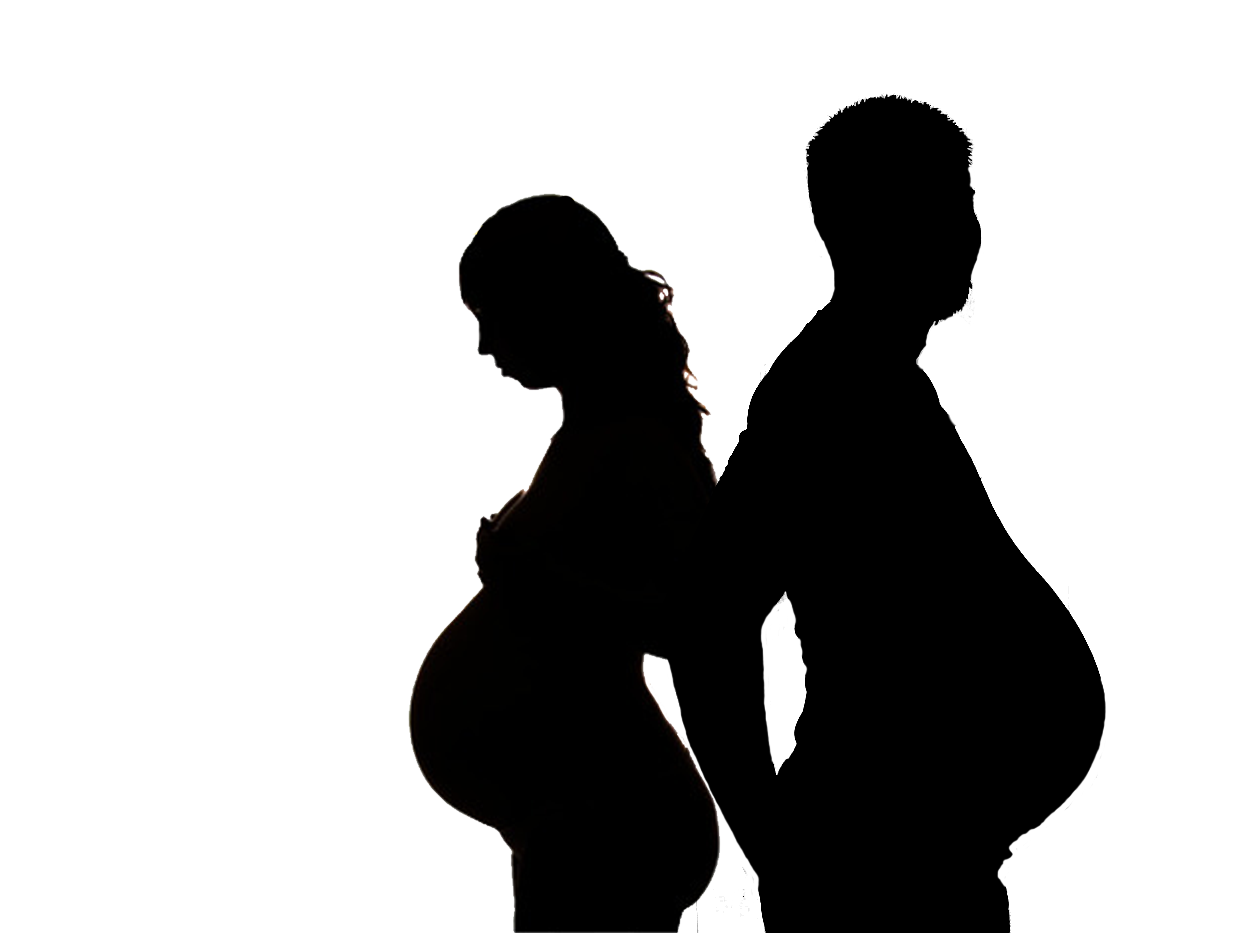
As a woman with a sound uterus that?s never hosted a pregnancy (by design), I?ve been asked with uninhibited frankness about my no-children choice.
I?ve had a relative say ? not about me, of course, she assured me ? that every person she knows who chose not to have children is selfish. Even one of my parents, before coming around to understanding how very, objectively wrong the comment was, said I was selfish to not want children.
I?m not the only childfree person who?s experienced this. Some have fielded far more offensive questions and judgments (which I won?t bother linking to, because a quick Google search will more than satisfy).
People feel alarmingly comfortable offering the childfree their judgments, asking their questions. To them, ?Why don?t you want kids?? is as innocuous and common-sense of a question as ?Why don?t you like chocolate?? To suggest something is wrong with, odd about, or troubling someone who doesn?t want at least one child is, to them, akin to saying, ?But I don?t understand. Who doesn?t like chocolate? Do you have an allergy? A disease??
And I get it. When having children is the norm, not having them is a curious thing.
Alas, a baby is not a bar of creamy Milka chocolate. Instead, it?s a tiny human person one must feed rather than eat.
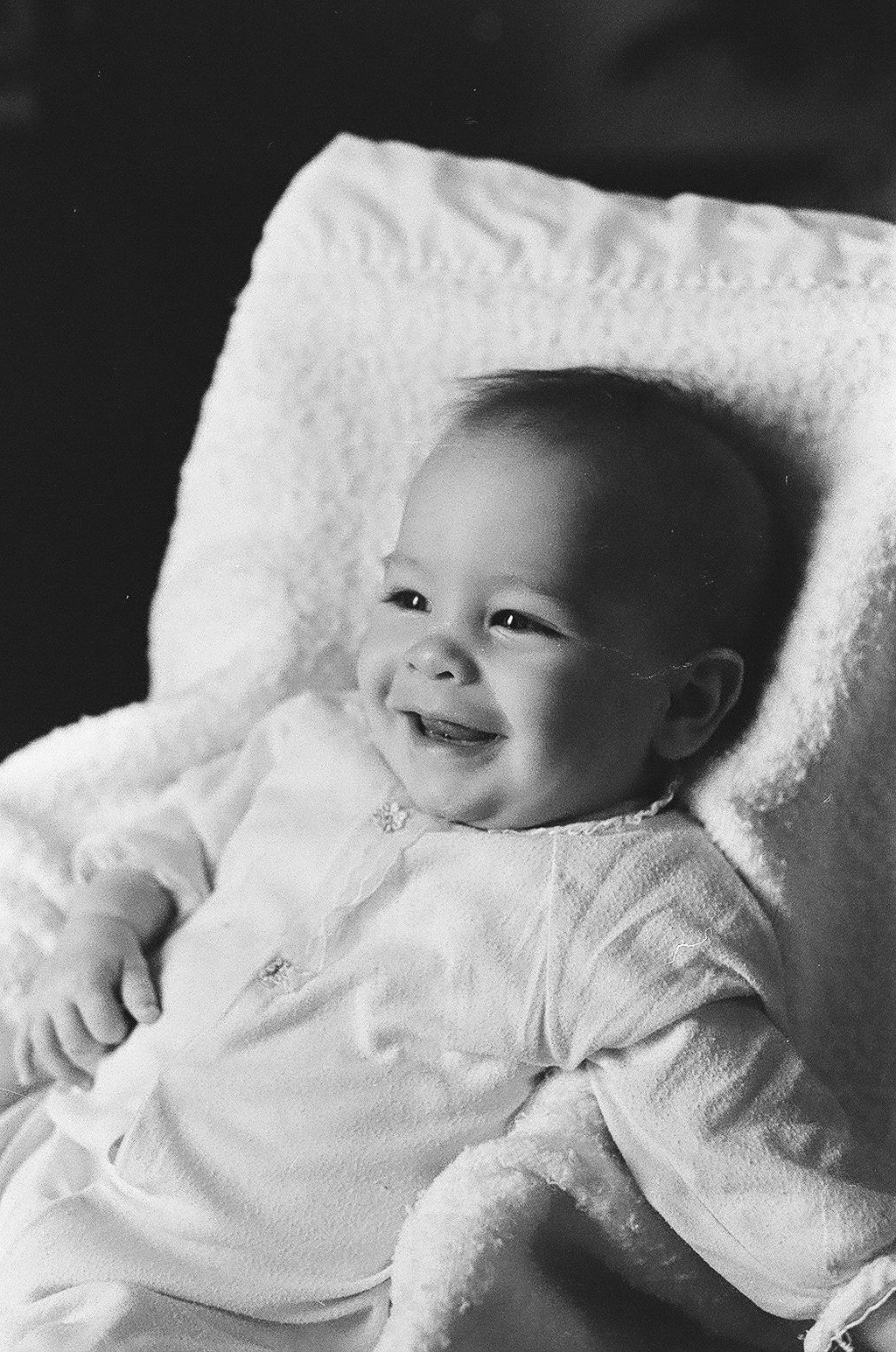 This is a baby.
This is a baby. This is not a baby.
This is not a baby.
At a recent reading of The Age of the Child, I began the event by asking, ?Who here has children??
Two-thirds of the audience raised a hand.
?Why?? I said.
After a moment of ?What did she just say?? silence, one woman raised her hand again.
She had a child, she said, because at 19 she fell in lust with a beautiful man.
Curiosity satisfied, and without judgment.
I didn?t ask ?why? to be rebellious, contrary, or argumentative. I really do want to know why anyone has children. And not in a passive-aggressive judgmental kind of way, either, but in a genuinely interested way. Was it an ?oopsie?? Inertia? A life plan formed as a consequence of socialization? Pressure from family? Pressure from a partner?
A deep, passionate desire?
If a deep, passionate desire, I?d then like to ask, ?Even knowing that a child can negatively impact your finances, cut into your available time, disturb your romantic relationship, interrupt your career goals, kill your sleep, and raise your stress levels, and knowing the baby could possibly be born with a lifelong disease or disability that would mean a monumental commitment of time, money, and emotion on your part, you choose to do this? Interesting! Seriously, genuinely, and without malice ? why??
Is that not a more logical question than, ?You just kind of want life to go on as normal without a huge upheaval? Why??
Instead, though, ?Why do you want kids?? or ?Why did you decide to have a child?? gets the neck-crunch & eyebrow furrow reply. Or a shrug and, ?I just wanted them.?
Yes, but why?
We aren?t supposed to ask.
Not even when it?s pretty obvious the parents are bringing a child into a dangerous or otherwise inhospitable situation.
Take The Walking Dead, for example, whose characters decide to have babies (?for hope! for the future!?) in a country overrun by a lethal virus in walking human form.
It?s assumed that we, the viewers, will clutch our heart area and tear up at all the promise a pregnancy offers (it?s the same ?promise,? the same ?potential,? pro-creation activists cling to, forgetting that the warm mass of ?potential? simply ends up being a regular person just like us, destined for an average life, facing all the same dangers that already exist).
We aren?t, upon seeing Maggie-of-Walkerville caress her pregnant belly, supposed to say, ?But, um, she?s bringing a new person into this hell she, herself would escape if she could, so why woul ? ??
?BECAUSE. BABIES ARE THE EMBODIMENT OF HOPE AND A BETTER FUTURE! HOW DARE YOU ASK WHY? BABIES ARE MIRACLES!?
?But,? we try again for the sake of that poor future person, ?they have zombies that eat faces. They literally tear off cheek flesh with their floppy jaws. And then there?s the human component that?s created a nearly endless war. And she wants a baby to have this as its introduction to lif? ??
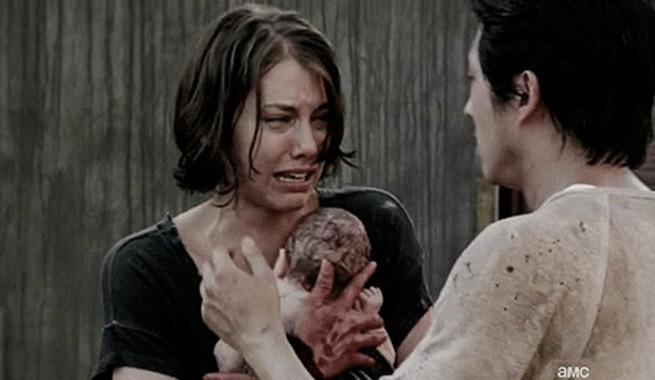 AMC
AMC
?BABIES ARE THE FUTURE! THOSE CHARACTERS NEED A BABY IN ORDER TO FEEL LIKE LIFE HAS MEANING! SO WHAT IF THE BABY GETS TORN APART AT ONE MONTH, TEN MONTHS, OR TWELVE YEARS OLD? LIFE IS TOUGH! AT LEAST THEY GOT TO LIVE!?
And then there?s the final episode of GIRLS.
We probably aren?t supposed to say, ?Someone please remove that helpless infant from the arms of that whiny, selfish, self-involved, irresponsible character immediately.?
Instead, we ? I think? ? are supposed to believe all of Hannah?s undesirable traits will suddenly vanish as the Miracle of Parenthood washes over her.
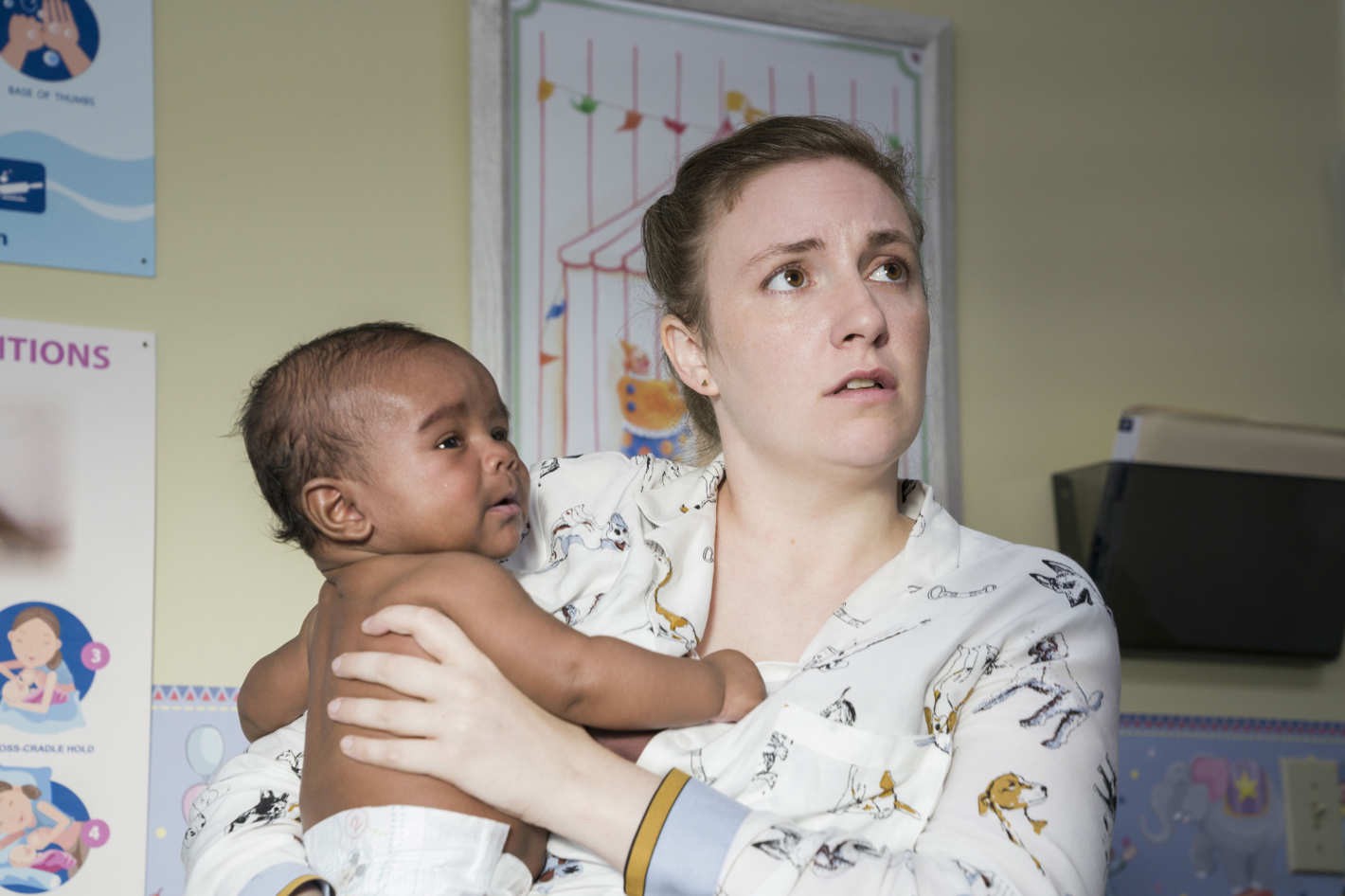 GIRLS | HBO
GIRLS | HBO
Not likely.
Examples | of | People | Not | Automatically | Imbued | with | Basic Human Decency | Upon | a | Child?s | Birth
Oh, you might say. But that last example, under the ?Birth? link ? she was just fourteen years old. She was probably confused, scared?
She, the 14-year-old, also seemed to think, as many in our society do, that babies are little more than representations or symbols ? of adulthood, of a marriage taking the next step, of repair glue for a relationship, of economic growth, of hope, of purpose. In that teenage girl?s case, of burden.
It?s for this reason, I believe, that ?Why do you want children/Why did you have a child?? isn?t a question people are accustomed to answering seriously. For some reason, whatever a child symbolizes has become more important than the child, itself.
?What do you mean, ?why? do I want a child?? they say. ?Because.?
But because the decision to have a child 100% affects the life of another person ? because procreation is, by definition, not a choice that is all about the parent and the parent?s life and the parent?s needs/whims/desires/impulses (nor is it, as established, comparable to deciding whether to eat a piece of chocolate)? it?s THE question we should be asking. Studying. Analyzing. Encouraging people to consider before even thinking about having sex without birth control.
We don?t ask it, though. We just sort of shrug and say ?Whatever. Not my problem. Good luck, kid.?
When it comes to parenthood, there?s a whole host of questions we don?t, or aren?t supposed to, ask that we probably should.
1. ?Are you sure you want to procreate over 35? What about the health risks to the child??
Often, this question is viewed as distasteful because it suggests the parent is thinking more about her/himself than they?re thinking about the child.
It suggests this because that?s exactly what?s happening: The adults have decided they want a child. They?ve decided the risks to the child are manageable. They?ve decided they are willing to invite that risk upon the child because they want to have a child.
What we do feel perfectly comfortable asking:
?You?re almost 50, and I know you?ve always wanted a baby ?shouldn?t you do it now? The risks are so small, really, aren?t they? Isn?t it what you want??
2. ?Are you sure you want to have a/nother child when you?re already struggling financially??
This is considered an indelicate question because it hints at the privilege of the wealthy.
?Anyone should be able to have a child, rich or not,? the argument goes. And yes, ideally, anyone who wants a child and who would be a good parent should be able to have a child. It?s an unfortunate fact that it?s easier for some people than for others to be able to afford one, two, or ten children.
However, someone?s desire or biological need to have a child shouldn?t trump the care the child will receive. ?I want? isn?t always justification to have. ?Things should be different? doesn?t mean they are different. And almost any good parent would argue that the needs of the child should come before the desires of the parent.
What we do feel perfectly comfortable asking:
?Is there ever a good time? Don?t you find it always works itself out in the end??
3. How do you know you want children?
If we ever did ask, we stopped after the third time, because the answer was almost always, ?I just know.?
No one wants to say, ?I honestly don?t know. But I?m getting up there in my twenties, I?m married, and all my friends have kids, so?,? or, ?I really didn?t think about it much. I just ended up pregnant,? or, ?What do you mean ?want? children? You get married, you have children. It?s what you?re supposed to do.?
Considering the upheaval a child brings to a life (and ?upheaval? is not used, here, in a derogatory way), and considering the overwhelming importance of creating a life that at one time didn?t exist as well as the responsibility involved in molding and raising and nurturing (for good or for bad) that life, isn?t it reasonable to expect that someone should have given at least as much thought to having children as they would to getting a tattoo or buying a home?
Shouldn?t someone be very, very sure they desperately want a child before they have one? And aren?t the reasons for wanting one likely to be as interesting and complex as the reasons for not wanting one?
Yet, somehow, if a five-, ten-, or thirteen-year-old girl says she can?t wait to be a mommy, no one questions her desire to take on that lifelong commitment, that locked-in lifestyle.
What we do feel comfortable asking:
(To a girl of ten, who says, ?I?m never having kids!?) How do you know you don?t want kids? Why would you say such a thing?
4. Have you thought about adopting instead of having a biological child?
This question, even if asked purely out of innocent curiosity, is a no-no because it?s a guilt slap. It can be perceived as, ?Oh, I see. You don?t want to be a parent, then, as much as you want to reproduce.?
But doesn?t ?Why don?t you want kids?? often include a judgment? And is it somehow more acceptable to suggest someone should reproduce than it is to wonder why someone who wants kids doesn?t consider taking home one of the many children in foster care available for adoption?
What we do feel comfortable asking, and of people who have clearly and adamantly expressed a desire to not have children:
?Are you sure? Aren?t you afraid you?ll regret it later? How could you not want children? You should totally have one, anyway. If you adopt, you can get one that?s a little bit older, you know. You won?t have to do the whole 18. Anyway, no one thinks they want kids until they have them, and then they change their minds. Also, I hate all other kids, but I adore my own. Trust me, have one, one way or another ? you?ll never know what hit you.?
Imagine if we replaced the word ?baby? with ?minority? or ?female.?
?I want a minority because they love you unconditionally.?
?I want a female so I feel like I have a sense of purpose.?
?I know the health risks to my minority if I have one are higher now that I?m 45, but I?m willing to take that chance just to experience it.?
?What do you mean you don?t want a female? Everyone has a female. Try it ? you?ll like it.?
Would that turn babies into real people in our minds?
That we tell people who don?t want/can?t afford/aren?t prepared for kids that they should have them, anyway, is probably the best illustration of how little we think about the babies we?re cavalierly inviting into the world (never mind the people we want to pressure into having them).
Or, maybe the best illustration is that in order to protect the tender feelings of grown-ups, we avoid advocating, even in the little ways, for the un-creation of potential children.
This conversation, how we approach procreation, has to change.
Maybe the change could begin by viewing babies as unique human beings rather than as statistics, or as extensions of ourselves, or as products of our personal or national needs, goals, carelessness, religious beliefs, apathy, or upbringing.
Maybe it could begin with our asking ?Why?? instead of ?Why not??
_____
Kristen Tsetsi is the author of THE AGE OF THE CHILD. ?The Age of the Child begs numerous questions, including whether having children should be a right, why society is often so adamant that it is selfish not to have children, why the government is preoccupied with reproductive rights, and what rights and privileges we take for granted. Other novels have opened the dystopian genre to questions about reproduction; however, The Age of the Child is one of the first I?ve read to really consider the issue of reproductive rights and attitudes so deeply.? ? Rebecca McNutt
